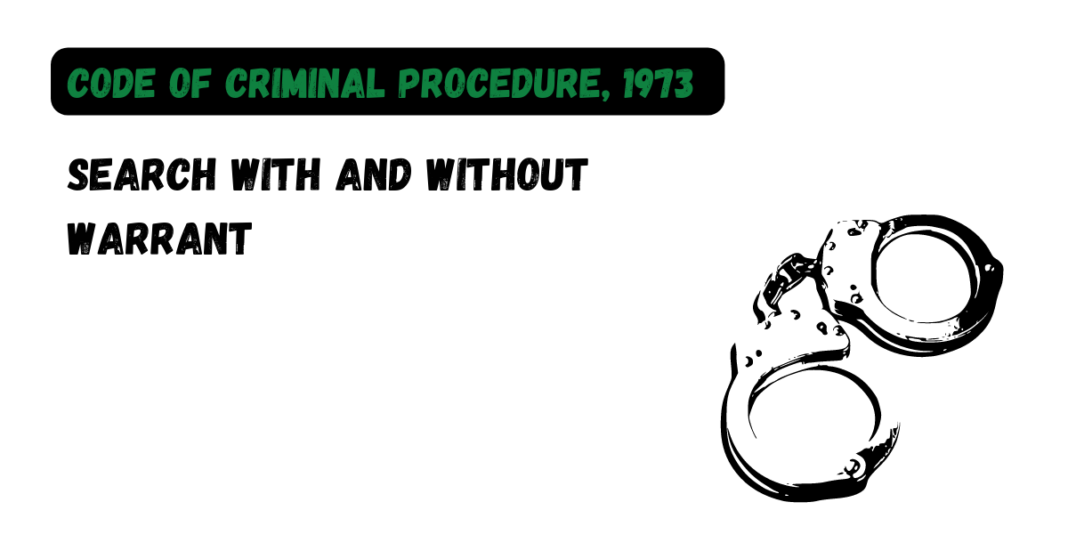Searches may be conducted by the police with or without a warrant under the Code of Criminal Procedure (CrPC), depending on the circumstances of the case.
Search with a Warrant
A search warrant is a written order issued by a magistrate or a judge authorizing a police officer to search a particular place for evidence of a crime. A search with a warrant is conducted when the police have obtained a valid search warrant from the court.
Key Points to Note about Search with a Warrant
- A search warrant can only be issued for a specific place and for a specific period of time.
- The police must produce the search warrant to the person whose premises are being searched.
- The police must conduct the search in accordance with the terms of the search warrant.
- Any evidence seized during the search can be used as evidence in court.
Search without a Warrant
A search without a warrant is conducted when the police have reasonable grounds to believe that a crime has been committed, and that evidence of the crime is located on the person or premises to be searched.
Key Points to Note about Search without a Warrant:
- The police must have reasonable grounds to believe that a search is necessary.
- The police can only search the person or premises for the evidence they are looking for.
- The search must be conducted in a reasonable and non-invasive manner.
- Any evidence seized during the search can be used as evidence in court, provided it was found in plain view or discovered during a lawful search.





